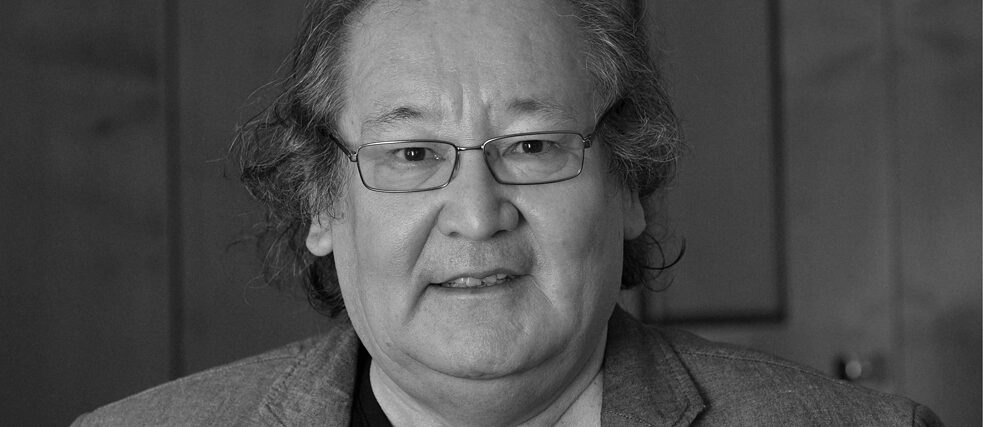On the death of Bolat Atabaev
He fought for enlightenment and tolerance

The Kazakh theatre director Bolat Atabaev died on Thursday morning. In his obituary, Volker Schlöndorff reminisces about Atabaev, who was awarded the Goethe Medal in 2012.
By Volker Schlöndorff
In April, he wrote that one needed to be strong, even when the treatment was worse than the disease. A typical Bolat aphorism with which he countered the loss of his leg that had to be amputated. A decade ago, I was shooting the film “Ulzhan” in Kazakhstan. Although Bolat’s health was already poor, he possessed enormous vitality and an air of sceptical optimism, simultaneously gentle and hard, about himself and the world. He was a “true” born Kazakh who came from a nomadic family and grew up in a village of deported Volga Germans where he spoke delightful old-fashioned, Swabian high German. He was as knowledgeable about our literature as we are and particularly loved German theatre, whose tradition he kept alive in the city of Almaty, even after Helmut Kohl had “brought home” almost all ethnic Germans to the Federal Republic and there were no longer any audience members who understood the language. He managed to teach his actors a few phases phonetically at least. His favourite idioms were in German, Kazakh and Russian – in that order. He used them in a spirited way to express often uncomfortable truths – both on stage and in real life – and fought for enlightenment and tolerance in his three cultures. And always with a touch of shamanism that he regarded as being more universal than any kind of patriotism, which he mistrusted from his own experience: “I think I would say: He was one of a kind wherever he went, whether it was with the Kazakhs, the Germans or the Russians. Or would it be better for us to say: He was SIMPLY A MAN?”
At the theatre he performed works from all cultures; there was only one culture for him and it incorporated all others. He was no stranger to music and film either. He gave me many tips for the screenplay I mentioned above, told anecdotes that I worked into the film, helped me to find and select the actors, recruited a wonderful musician friend for me and functioned as a kind of “co-director” during the rehearsals. He wasn’t sparing with his criticism, either, but that’s just what he was like. Friendship should never blind you. For him, art was holier.